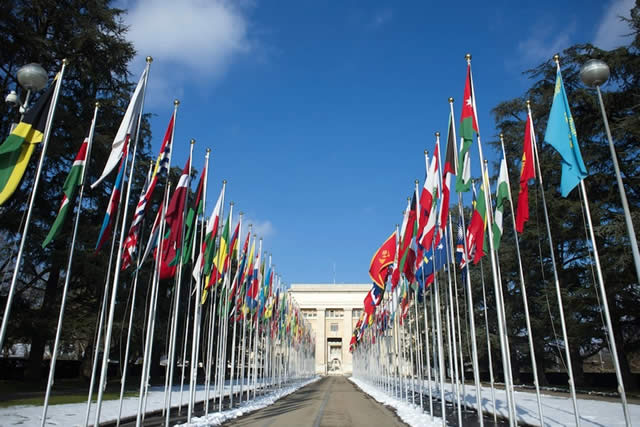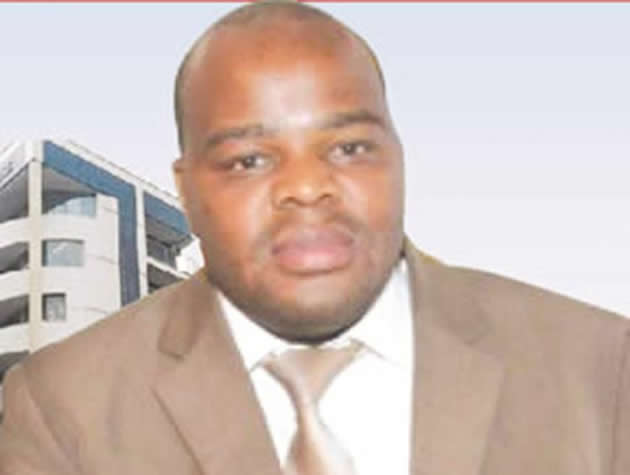What is in a flag?

 Christopher Farai Charamba Correspondent
Christopher Farai Charamba Correspondent
Last Friday Paris was under siege as three teams of terrorists linked to ISIS staged coordinated attacks in at six locations including a concert hall, the Stade de France and at least two restaurants. The attacks left 129 people dead and 352 wounded, including 99 who are in a very serious condition. World leaders have condemned the attacks and millions of people around the world have shared their sympathies with the French with calls on everyone to #PrayForParis.
Facebook, the world’s leading social media platform, even devised a way for users to incorporate the flag of France in their profile picture to show their solidarity with the French people following the brutal attacks. The reaction to the attacks in Paris is similar to the attack on Charlie Hebdo, again in France earlier this year.
Following that incident, social media was abuzz with the hashtag #JeSuisCharlie to show solidarity with the 17 people killed in France after terrorists attacked French satirical magazine Charlie Hebdo.
There was even a protest march against terrorism and in defence of freedom of speech attended by world leaders; French President Francois Hollande, British Prime Minister David Cameron, German Chancellor Angela Merkel, Israeli Prime Minister Benjamin Netanyahu.
There were also leaders from six of the 14 African countries which still pay colonial tax to France namely Mali, Niger, Benin, Gabon, Senegal and Togo. Terrorism in all forms should be condemned. One sympathises with those who lost their lives in the brutal attacks and with the families that remain with the pain of these attacks.
The social media reaction has been interesting to note particularly the changing of profile pictures to the French flag and has drawn much opinion for and against the move. While one’s Facebook feed was coloured in blue, white and red, there were those who questioned why France gets such preferential treatment yet other atrocities happening in Kenya, Syria or Burundi do not? Well, the simple answer is that to some in the world some lives are more important than others. Western media reporting has made this abundantly clear. By watching the news one can immediately see that atrocities in certain parts of the world hold more weight than in others.
When Charlie Hebdo was attacked the news cycles had the story on repeat continuously including the broadcast of the protest march. In the same week as that attack 2 000 civilians were killed by Boko Haram terrorists in Nigeria yet there was no march organised and the international media barely carried the story.
Similarly, when 147 students and staff members were killed by al-Shabab militants at Garissa University in April this year, Facebook did not give us the option to change our profile pictures to that of Kenya.
When three-year old Syrian refugee Aylan Kurdi drowned and washed up on the shores of the Mediterranean Sea in Turkey in an attempt to reach Greece with his family, there was no “I am Aylan” hashtag trending globally.
Or two weeks ago when Russian passenger jet crashed in Egypt in a suspected ISIS bombing and killed 224 people social media did not go on a craze. Now one does not intend to diminish the seriousness of what has happened in France but highlight the imbalance that exists in the world in terms of reaction to the various outrages taking place globally.
Certainly Western media will see an attack on France as an attack on the “First World” and an attack on them while an attack in Nigeria or Burundi or the Central African Republic where French soldiers were accused of raping children as fitting the “third world” narrative. The imbalance and bias that Western media shows needs to be challenged as the narrative that they serve to create is one that further creates stereotypes about people and by and large incites violence and prejudice against a people.
Such bias is how a Muslim gunman would be labelled a terrorist while a White gunman who walks into a church and kills black people in a blatant act of racism is labelled a “misguided and lone gunman” and not a terrorist.
Social media has certainly helped in dispelling the myths, challenging the stereotypes and correcting the imbalances that Western mainstream media has helped to breed. While some changed their profile pictures to flags others took to their statuses to sympathise with the French who lost their lives but also call out social and international media for the blatant neglect of others who have lost their lives this year. They questioned why France got so much attention yet there was no flag for Lebanon where a suicide bombing killed over 200 people on November 14, 2015?
So what is in a flag? Is it just about showing solidarity with those who lost their lives? If so, why is the same opportunity not accorded to the thousands of other people in other countries who have suffered a similar fate?









Comments